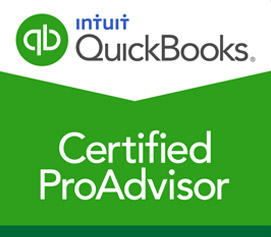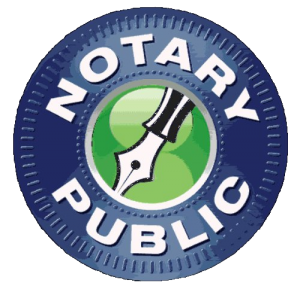More people than ever before have caught onto the fact that real estate can be a good investment. Especially when the market is strong — as it is now — the purchase of an investment property can pay off in the long run, especially if you’re able to defer some of the costs associated with owning or selling the property.
Some investors have discovered the benefits of tax deferment through a 1031 exchange, swapping one investment property for another and deferring the resulting capital gains tax. However, IRS Code 1031 (for which the process is named) is quite complicated. If you’re a real estate investor contemplating this tactic, you need to be aware of the nuances, and consult with a tax professional before moving forward with a property swap.
What Is a 1031 Exchange?
In a nutshell, a 1031 exchange is when a real estate investor exchanges one property for another like-kind property (according to the IRS’s definition of like-kind). In essence, you’re changing the form of the investment without cashing out or recognizing a capital gain. Even though most swaps are taxable as sales, if the deal meets the requirements for a 1031 exchange, you’ll either have no tax liability or limited tax due at the time of the exchange.
Sounds good, right? But here are a few things to be aware of when considering a 1031 exchange.
- There are specific timelines that must be adhered to.
- Both properties must be in the U.S.
- The rules can apply to a former primary residence under specific conditions.
- IRS rules limit the use of a 1031 exchange on vacation properties.
- Only real estate is eligible (no franchise licenses, aircraft, equipment, corporate stock, or partnership interests are allowed)
- If used correctly, there’s no limit on the number of times or how frequently you can use a 1031 exchange.
Getting the Timing Right
Engaging in a 1031 exchange can be tricky because of timing. It’s challenging to find the exact type of property you want to buy at the same time another property owner is looking for the exact type of property you have. For that reason, many 1031 swaps take place through an intermediary. This is where the timing gets tricky. The IRS has specified timelines regarding the designation of the replacement property and the timeframe in which you close on the deal. Talk to your accountant or real estate broker for more information.
Potential Tax Implications
You may have tax implications if you have cash left over after buying the new property. This cash may be taxed as a capital gain. You may also get in trouble if you don’t understand and take into account any mortgage loans associated with the properties being swapped. This is why it’s crucial to have a certified accountant on your team, one who can explain the tax implications of what you’re doing.
Adams Accounting Solutions Is the One to Call
If you’re considering a 1031 exchange, talk with us first at Adams Accounting Solutions. We’re experts when it comes to determining the tax implications of real estate deals, including 1031 exchanges. We’re happy to answer questions and help guide you through this process. Give us a call at 913-888-9100 today to schedule an appointment.



